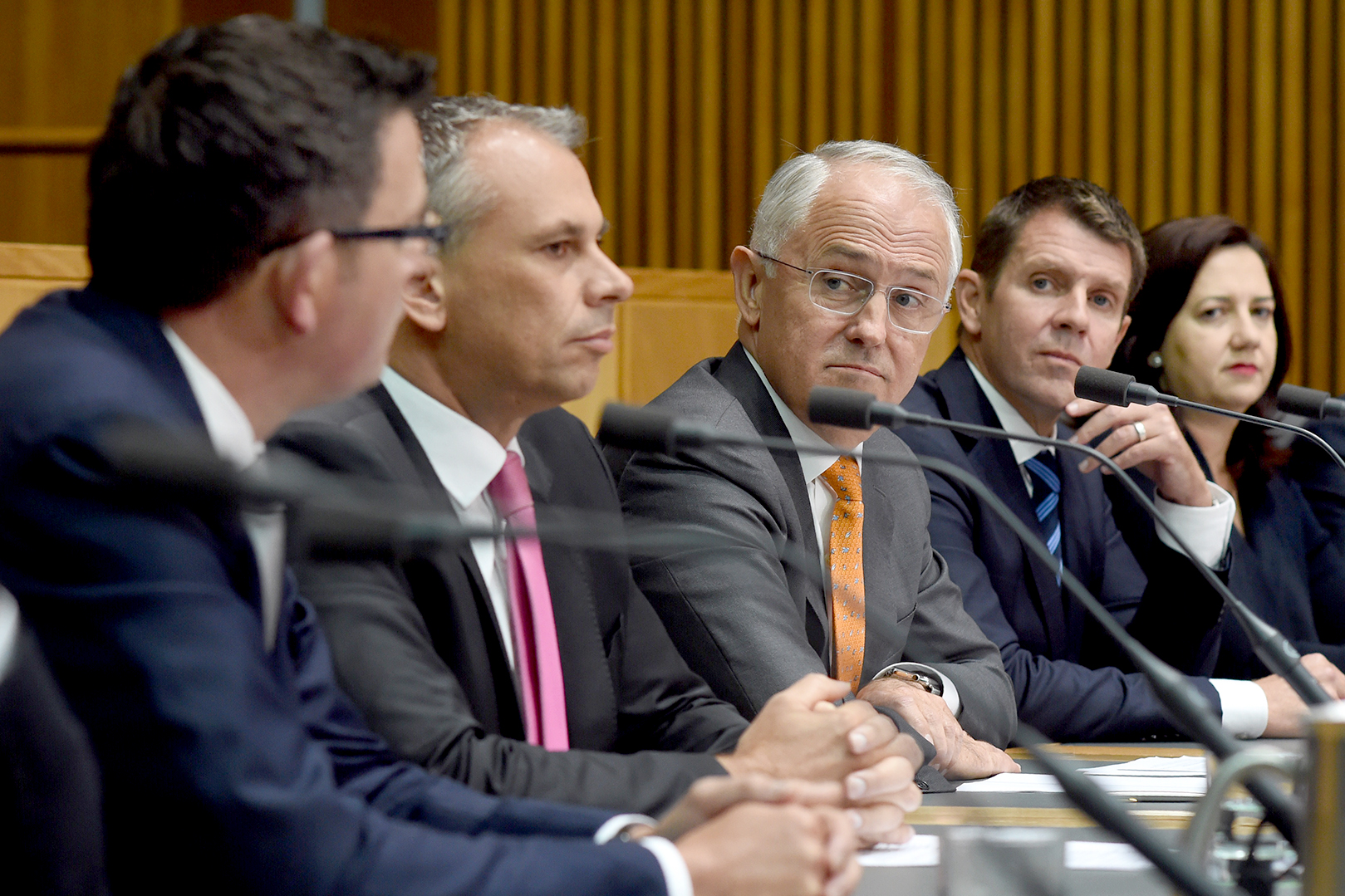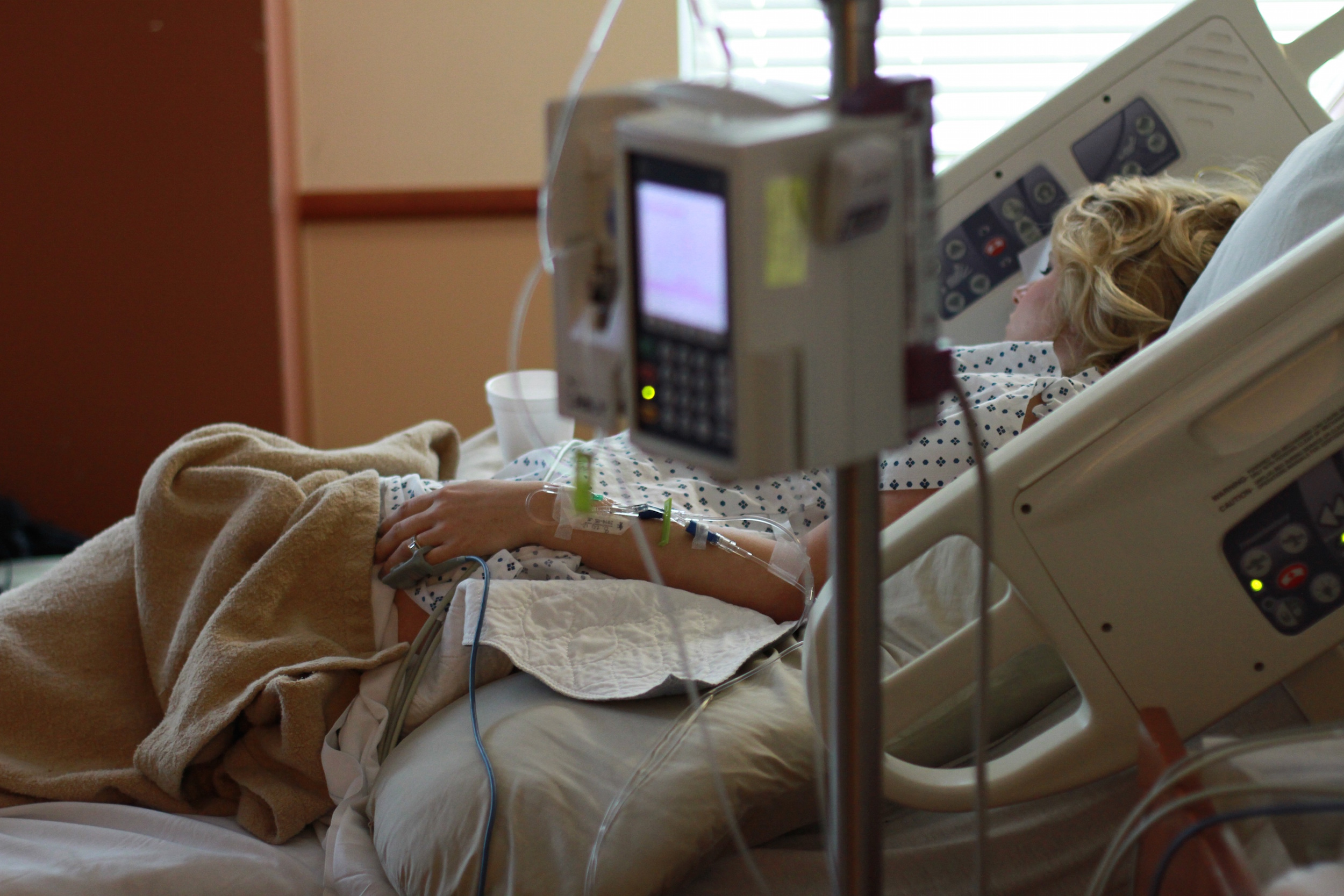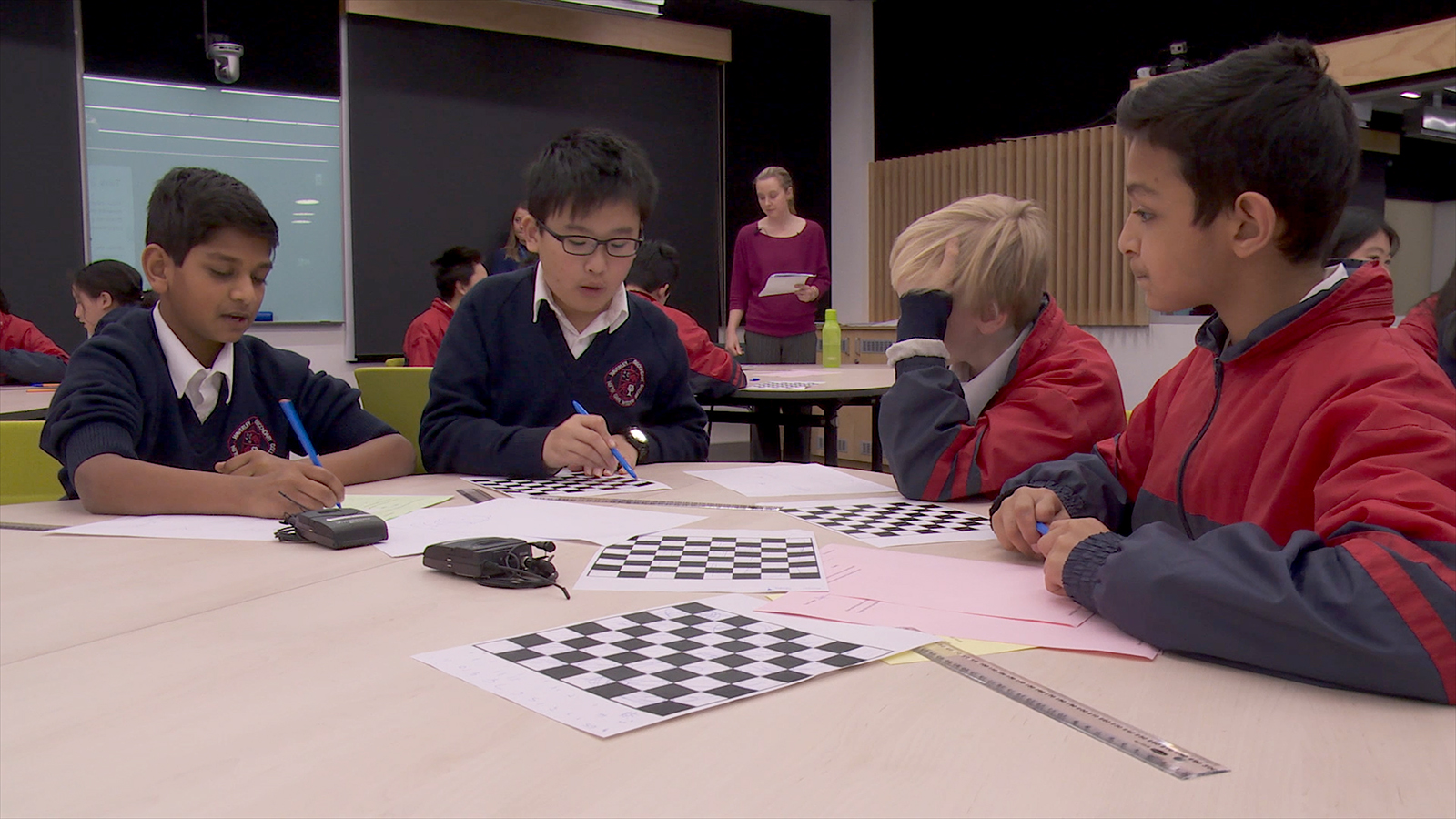
Politics & Society
A Constitution shaped by distance

Fixing Federation is about more than any tinkering with income tax, it needs a hard cap on Commonwealth handouts and policy freedom for the States.
Published 1 April 2016
Fixing Australia’s Federation is simple – the States don’t need new powers to levy income taxes as a way to make them financially independent and accountable, they simply need some tough love and policy freedom.
According to University of Melbourne applied economist and tax expert Professor John Freebairn, the tough love is in allocating a set-in-stone proportion of income and perhaps company tax to the States and giving them full control over their health and education systems, with the freedom to vary funding using existing payroll tax, stamp duties and land taxes.
“I’d argue the way to make the provision of health and education more efficient is to give the States what I call a hard budget constraint.
If they want to spend extra money on health or education they will have to increase their own taxation revenue such as payroll taxes, stamp duties or land taxes,” Professor Freebairn says.

“The advantage is you get reduced Commonwealth/State overlap and duplication which will clear some of the blame shifting and improve accountability of governments.
“And it means you don’t need huge departments of health or education in Canberra that don’t deliver any hospital treatment or any teaching.’’
The Prime Minister, Mr Turnbull, this week revived the idea of allocating the States a proportion of income tax, which eventually they could choose to increase or decrease, as a way to solve what is being called the “vertical fiscal imbalance”.

Politics & Society
A Constitution shaped by distance
This imbalance, in which State Governments are responsible for delivering services such as health and education but are dependent on the Commonwealth for half the revenue used to fund those services, means accountability is hopelessly blurred.
“The States’ lack of financial freedom, the constant begging to the Commonwealth, the constant blame game to the Commonwealth, this is what is wrong with the Federation,” Mr Turnbull declared.
But the idea has already triggered a political fight with State Premiers, who are warning they would have to raise income taxes. Some are accusing the Government of attempting to avoid the blame for any such tax rises.
Professor Freebairn argues the debate over whether States should or shouldn’t have some control over income tax is a distraction from a much-needed broader debate on Federation that should focus on drawing a clearer line between State and Commonwealth responsibilities.
He argues that as the deliverers of services in health and education, the States should be largely responsible for those areas and the best way to do that is to impose a “hard budget restraint” on Commonwealth handouts and then leave the States to find the most efficient mode of service delivery.
“That way you would start to get accountability at the State level for changes in expenditure, it gets the Commonwealth out of these tied grants and the States won’t be able to go whinging to Canberra to bail them out.”

He says that currently the States are dependent on the Commonwealth for about half their revenues, and that half of this comes from sharing the Goods and Service Tax. The other half, or about $50 billion a year, is in the form of direct grants that are tied to Commonwealth-imposed conditions and policy agreements.
“The Commonwealth would get out of controlling state expenditure and it wouldn’t have to respond to State lobbying.”
Professor Freebairn says it would encourage the States to reform their own tax systems. A comprehensive base and lower payroll tax rate reform package would provide a level tax playing field for different businesses and add to simplicity.
“All States should follow the ACT and replace conveyance duty, a transaction tax on property sales,with a broad based land tax using the current local government rate base.
This reform would reduce distortions to the reallocation of property from lower value to higher value uses caused by changes in family sizes and employment location, provide a more stable source of State revenue, and have a negligible effect on average house prices.”

Professor Freebairn says a key benefit of making the States responsible and accountable for their own education and health systems is that it would encourage experimentation and allow good ideas to be tested.
Under the current system of negotiations, good ideas are frequently diluted to the “lowest common denominator” that everyone can agree on, he says.
“None of us can go to Google or anywhere else to find the ideal way to run health and education. These are sectors that are rapidly evolving with new technology, so a bit of experimentation across the States is a way of working out which is the better system.
“If you allow experimentation then a really smart State could try something new and if it works well it would put pressure on other states to adopt it.’’
Professor Freebairn cautions that there would still be arguments and blame-shifting between the Commonwealth and the States over extra funding for Tasmania and South Australia if the States were to be given a share of income tax revenue.
These States have significantly lower workforce participation and wage rates, and consequently lower shares of income tax per person.
But he says this is a fact of life of a Federation and can be handled through the ongoing Commonwealth Grants Commission procedures about how the GST is carved up.
“For as long as you have a national objective that someone in a state like Tasmania won’t be disadvantaged compared to someone in NSW or Victoria, some of this blame game has to go on.”
Banner: iStock